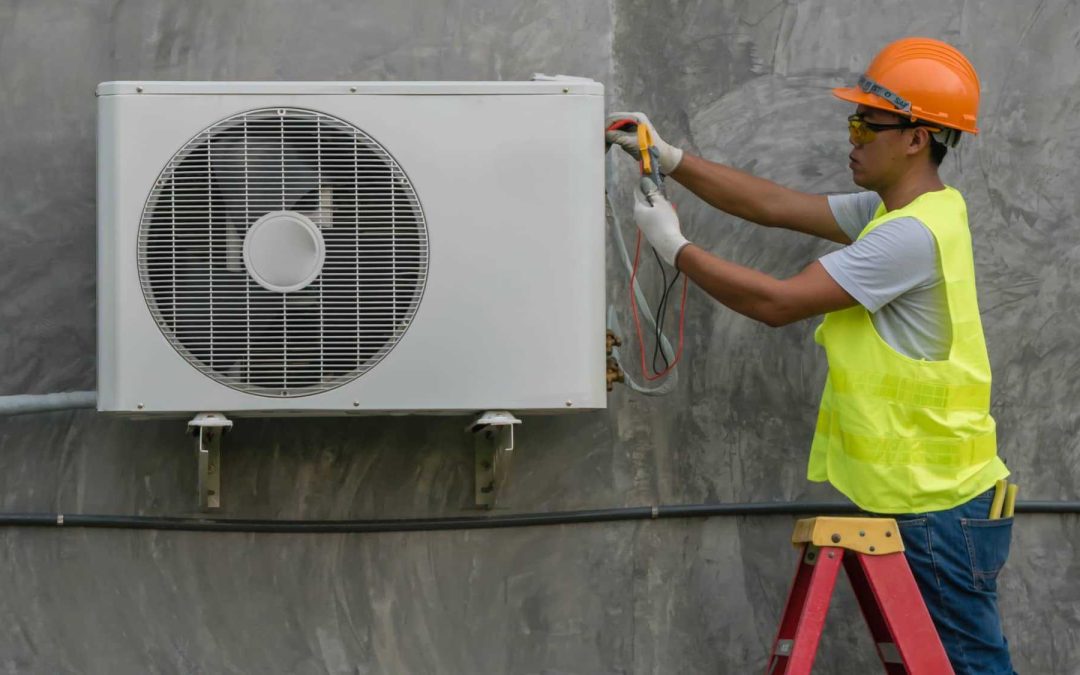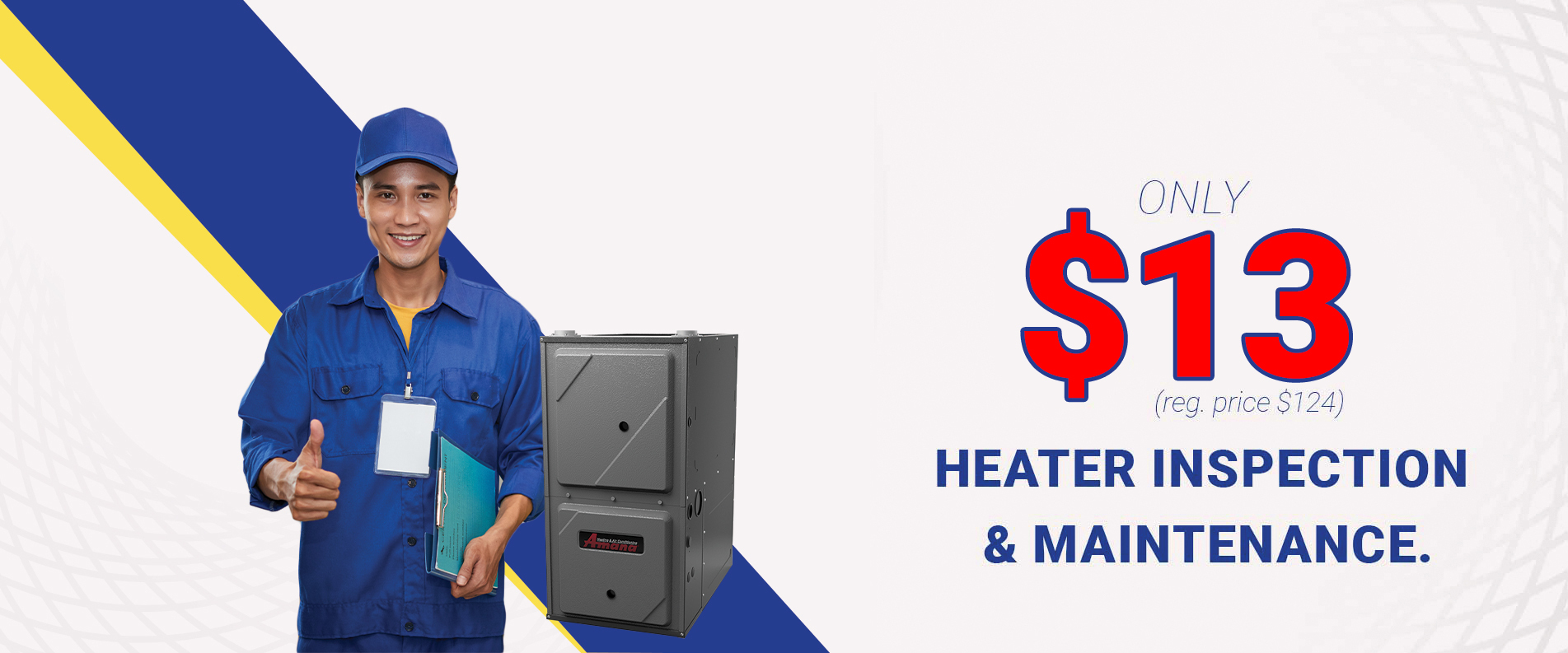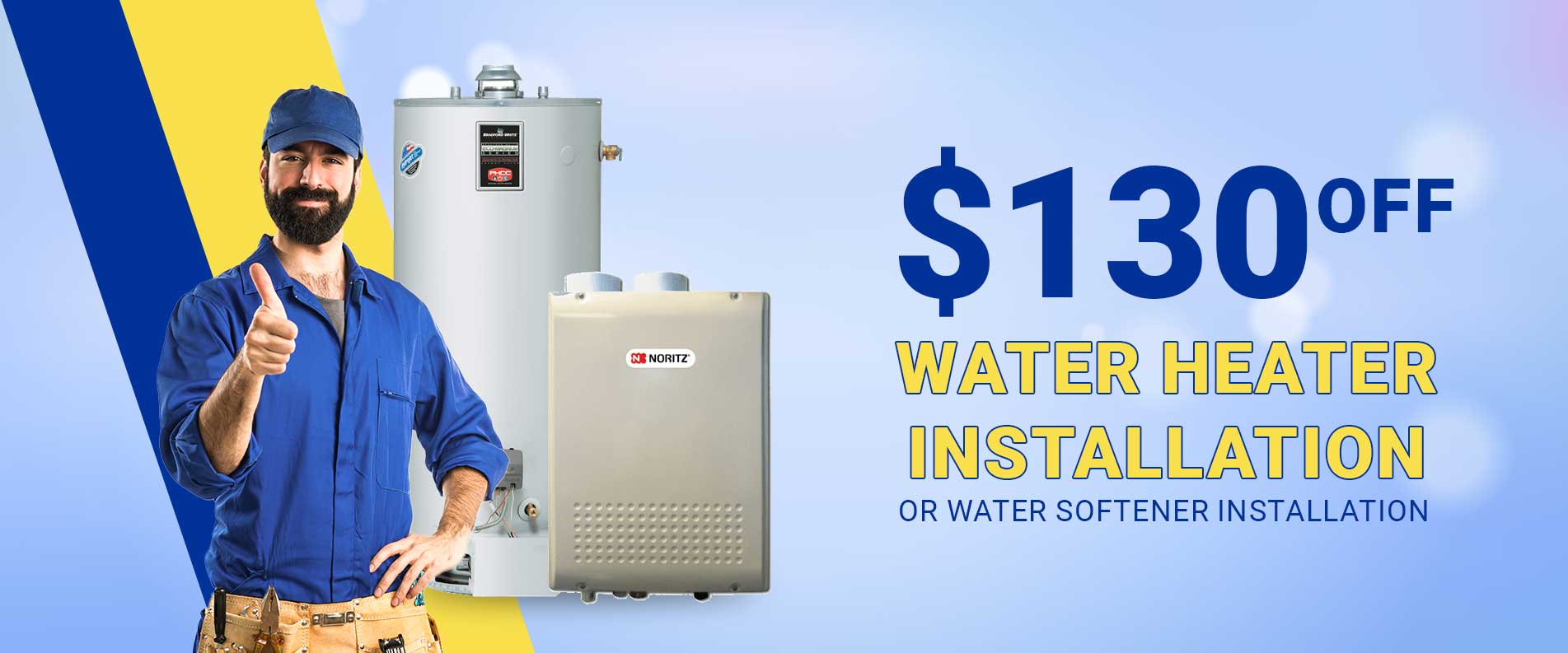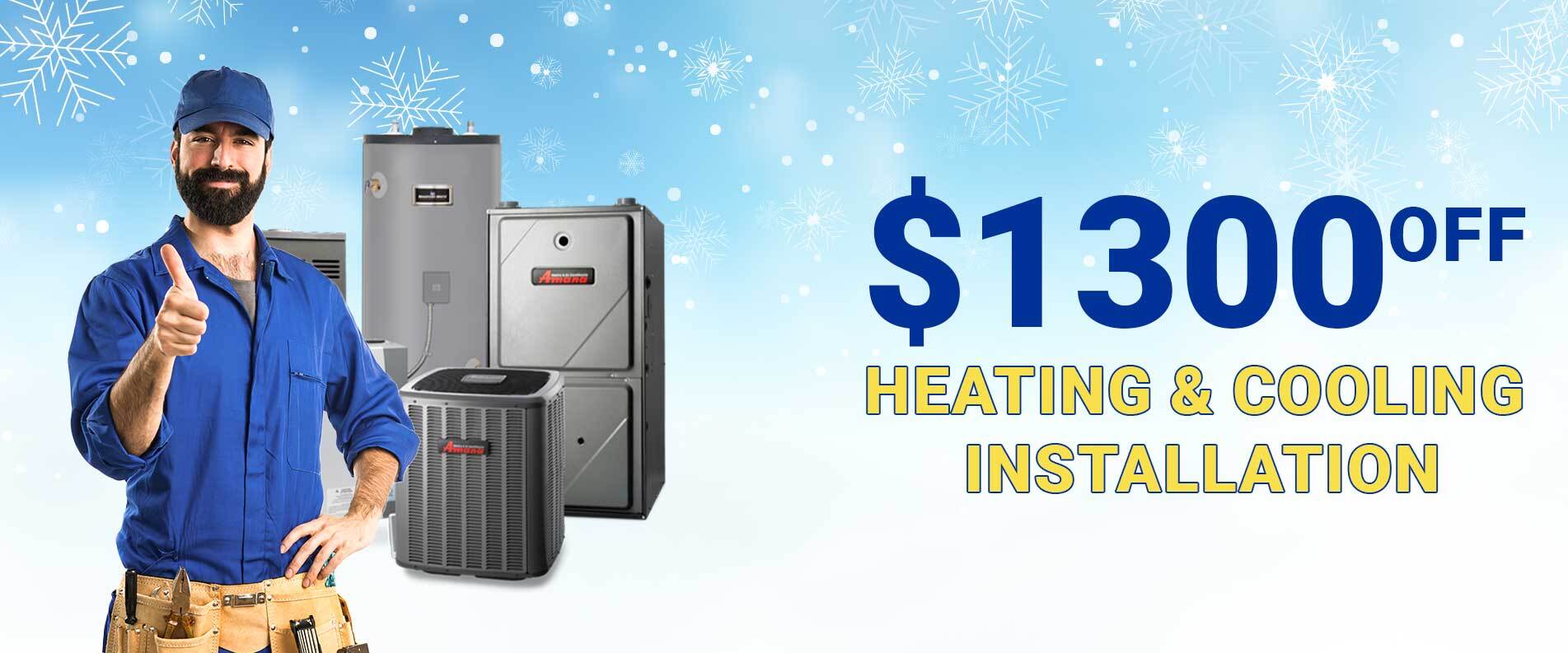What’s worse than sitting and sweating in the scorching summer heat? Sitting and sweating in the scorching heat and then going inside and discovering that your air conditioning unit doesn’t work.
Believe it or not, summer is coming in just a few weeks. Unfortunately, even if you think that your heating, ventilation, and air conditioning (HVAC) system is ready for the upcoming blaze, HVAC systems tend to go kaput just when you need them the most. Blame it on Murphy’s Law.
Don’t worry, though. A non-working HVAC system may not be difficult to fix at all. Here’s a rundown of seven common HVAC troubleshooting scenarios you may encounter this summer and what to do about them. Let’s get started!
1. HVAC Troubleshooting: The AC System Will Not Work
Let’s say you turn on your AC system but don’t feel or hear anything. #paniccity
Before you start panicking, realize that your system’s lack of power may be the result of something as basic as a circuit breaker that has been tripped or a fuse that has been blown.
All you have to do in this situation is reset your circuit breaker or replace your damaged fuse. It’s as easy as that.
Of course, in other situations, the problem may be thermostat malfunctioning or loose or broken wiring — something an HVAC repair professional can easily diagnose and address.
2. The AC Unit Isn’t Efficient
Perhaps your AC unit is not performing like you know it’s capable of performing. For example, the air in your home feels sticky because humidity and heat aren’t being removed from the air.
Low refrigerant might be the culprit.
If your refrigerant level happens to be low, this typically means it either has a leak or may have been undercharged at the time of installation. Your HVAC technician can inspect your system to determine the issue and address it quickly and efficiently. However, if your technician detects multiple leaks, you might end up having to replace your unit.
3. The Air Coming from Your AC System is Warm
You turn your AC system on and notice that only warm air is coming from your unit. The reason for this probably has to do with your unit’s evaporator coil.
The coil features refrigerant, which absorbs heat. If airflow is low, an icy layer might form on your evaporator coil, which means warm air — and maybe even no air — may come from your CAC supply registers.
Possible reasons for this issue include air filters that are dirty, return air that is obstructed in your ductwork or low refrigerant.
4. Drainage Is An Issue
This is yet another common HVAC problem you might come across this summer.
Here’s why.
Your AC system is designed to remove moisture from the air via a drain line. The moisture then enters a pan before being funneled into your drain. However, if your drain happens to be clogged, your pan will overflow.
The result? The water will end up backing up, leaving you with a damaged system. Also, the water backup might lead to water leaks that may damage your home and the items in it.
This is a major issue you shouldn’t overlook when performing HVAC troubleshooting this summer.
5. Your Thermostat Has Glitches
If your home’s thermostat isn’t working or has not been calibrated correctly, it might not tell your AC system to come on even when you’ve set the thermostat to a low-temperature setting.
Fortunately, this isn’t a complicated fix. Your HVAC technician can simply recalibrate your thermostat. Enlisting the help of a professional may be smart considering that today’s new programmable thermostats aren’t always the easiest to program.
In other situations, you may simply need to replace the thermostat — a much simpler fix than replacing your AC system altogether.
6. Your Condenser Is Having Issues
When performing HVAC troubleshooting, be sure also to examine your system’s condenser coil, which is a part of the outdoor unit.
Your condenser plays a critical role in your AC system, as it discharges the heat that your system removes from the air.
However, since it’s outside, it is constantly exposed to assorted pollutants, dirt, and soot that can cause it to be grimy. This can easily interfere with your system’s heat transfer process, thus forcing the system to work harder. This ultimately adds to your system’s wear and tear.
Fortunately, an HVAC professional can address this issue so that you can keep your system longer.
7. Your Ducts Are Leaking
Maybe you notice that the air coming from your AC system is warmer than you’d expect. Or perhaps some of your home’s rooms are warm while others are cool. This could point to improper air flow in your ductwork.
The culprit may be tears that have developed in the ducts.
Your air ducts essentially carry return air to the AC system for cooling. If your ducts contain a tear, the cooled air will escape into your walls –not into your home’s atmosphere, where it belongs. As a result, your home stays warmer, which means your AC system has to work harder to keep you comfortable.
This isn’t good news for your body or your wallet when it’s time to pay your utility bill. So, be sure to check your ductwork when performing HVAC troubleshooting.
How We Can Help
Running into issues with your HVAC system can certainly be frustrating, especially when summer temperatures are unbearable.
However, we offer top-of-the-line AC system repair to get your system back on track. Also, we can install a brand-new unit for you if your current system is on its last lap.
Of course, one of the best things you can do for your HVAC system is to give it regular tune-ups. This may help to prevent minor issues from becoming bigger, more expensive ones down the road. Fortunately, we can do this for you, too.
Get in touch with us today to learn how our HVAC troubleshooting, repair, replacement and maintenance services can help you to stay calm, cool and collected this summer.





